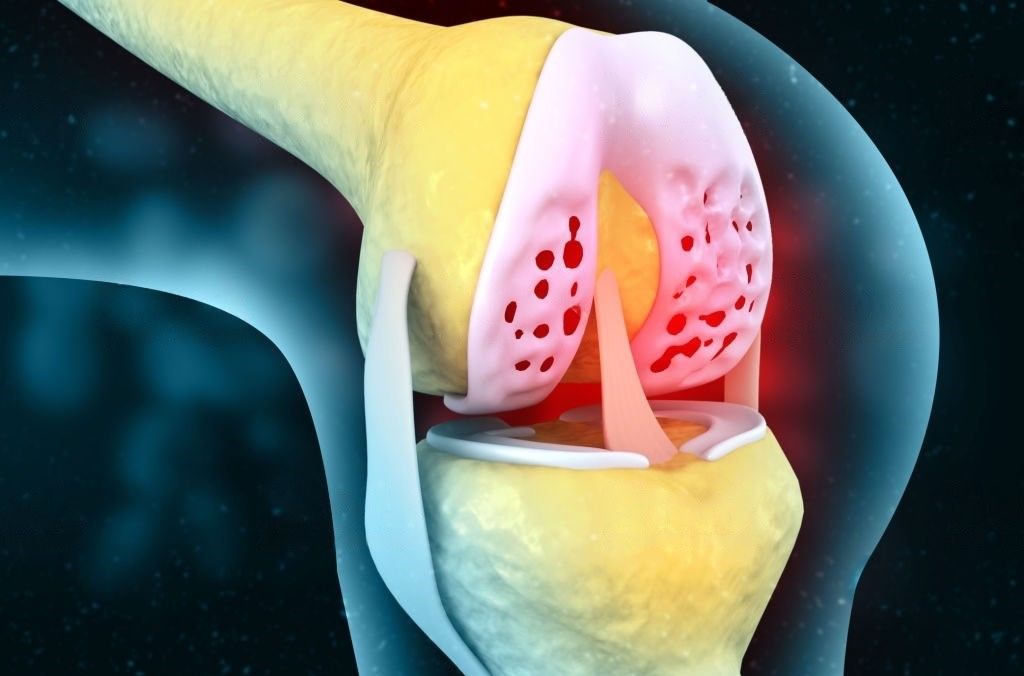Health Benefits of Fish Oil
It enhances heart health by significantly lowering triglyceride levels in the body. Additionally, it guarantees proper blood flow.

Fish oil can be found in oily and fatty fish like salmon, mackerel, trout, tuna, sardines, and herring. They are abundant in vitamins A and D and provide omega-3 fatty acids, which belong to a class of polyunsaturated fatty acids. If you don't eat fish, your best option for meeting your body's need for omega-3 fatty acids is to take fish oil supplements.
Fish oil is advised for daily consumption by the FDA. It enhances heart health by significantly lowering triglyceride levels in the body. Additionally, it guarantees proper blood flow. It also guards against strokes and heart conditions. There are numerous kidney-related issues that fish oil can help with.
What is fish oil?
Fish oil is the fat or oil that is extracted from fish tissue.
Herring, tuna, anchovies, and mackerel are typical oily fish sources. However. As is the case with cod liver oil, it is also occasionally made from the livers of other fish.
Eating 1-2 portions of fish each week is advised by the World Health Organization (WHO). This is due to the fact that fish contains omega-3 fatty acids, which have a variety of health advantages, including the ability to prevent several diseases.

Fish oil capsules are a good source of:
Docosahexaenoic acid (DHA)
Ecsapentaenoic acid (EPA)
Vitamin A
Vitamin D
An excellent source of omega-3 fatty acids is fish oil. The growth of the eyes, brain and reproductive cells requires adequate amounts of omega-3 fatty acids. In addition to helping the immune and endocrine systems to function at their best, they are essential for heart and lung health.
How does it work?
It appears that fish oil's omega-3 fatty acid content is largely responsible for its health benefits. Fascinatingly, the body doesn't make omega-3 fatty acids on its own. Omega-6 fatty acids, which are typical in the Western diet, cannot be converted into omega-3 fatty acids by the body. EPA and DHA, two types of omega-3 acids that are frequently present in fish oil supplements, have been the subject of extensive research.
BENEFITS
Numerous effects on physical and mental health are associated with fish oil.
- Lessens the discomfort associated with Osteoarthritis
The leading cause of chronic pain and disability is osteoarthritis (OA), a type of arthritis that destroys the cartilage in joints. Over the age of 60, OA affects 18 percent of women and 9 point 6 percent of men globally. A study involving obese or overweight adults with OA found that taking fish oil supplements reduced chronic pain and enhanced overall well-being.

2. Rheumatoid Arthritis may be easier to manage
A chronic inflammatory condition of the joints, rheumatoid arthritis (RA) is an autoimmune disorder that causes pain, swelling, and stiffness in the joints. Studies have shown that fish oil helps reduce inflammation in people with RA, despite some inconsistent research in this area.

3. Reduces Inflammation
Long-term inflammation known as chronic inflammation, which can last for months to years, is linked to an increased risk of developing diseases like diabetes and heart disease.
Many aspects of inflammation are capable of being partially blocked by the EPA and DHA omega-3s found in fatty fish. Therefore, one dietary change that may aid in reducing chronic inflammation in the body is increasing the intake of EPA and DHA, such as through fish oil.

4. Potential Enhancements to Brain Function
Research on healthy adults aged 51 to 72 years discovered that taking a fish oil supplement for five weeks improved brain function, including attention and memory, when compared to a placebo. Additionally, researchers point out that a lower risk of cognitive decline brought on by aging has been linked to blood levels of omega-3 fatty acids.

5. Heart Attack and Heart Disease Prevention
Eating fish can help prevent coronary heart disease, according to a number of studies. Your risk of dying from heart disease and stroke decreases the more fish you consume. According to one study, people who took fish oil supplements after having a heart attack had a 29 percent lower incidence of fatal cardiac arrhythmias.

SIDE EFFECTS
The following are possible negative effects of taking fish oil supplements.
- A smelly sweat
- Small signs of digestion, such as burping, heartburn, or diarrhea.
- Unclean breath
- Nausea
- A bad taste in your mouth
- Headache
- Cuts that bleed more slowly to stop
What is the recommended dosage?
The quantity of fish oil that is ideal for you to consume is not predetermined.
However, there are guidelines for EPA and DHA intake as well as total omega-3 intake.
For both EPA and DHA alone, the reference daily intake (RDI) ranges from 250 to 500 mg.
Make sure to read the label when purchasing fish oil supplements to find out how much EPA and DHA are included. Around 300 mg of combined EPA and DHA are typically provided by 1,000 mg of fish oil.

SUMMARY
Ask your doctor about other ways to get your omega-3s if you can't or don't eat fish or if you need to increase your dietary intake. You may be able to get fish oil.
Although fish oil is a dietary supplement with potential side effects and interactions, it has several benefits that have been supported by research. If you have a personal medical history, discuss the risks and benefits of fish oil with your healthcare provider before taking it. If your doctor gives the go-ahead for you to take fish oil, heed their instructions regarding dosage and usage, and let them know if you experience any side effects.
Jayti Shah is a Clinical Nutritionist with a master's degree in Clinical Nutrition and Dietetics. She is a member of the Indian Dietetic Association (IDA). Over the last 9 years, she has helped 400 clients in their clinical and weight loss journeys. She works with SocialBoat as a nutrition consultant.
At SocialBoat, we offer you custom diet plans and guided workouts to help you achieve your goals in a 360-degree approach. Our gamified experience ensures that you don’t find workouts boring and we reward you for being consistent with your efforts.

